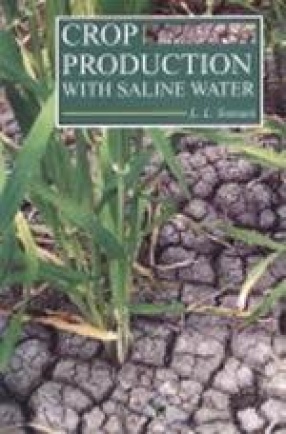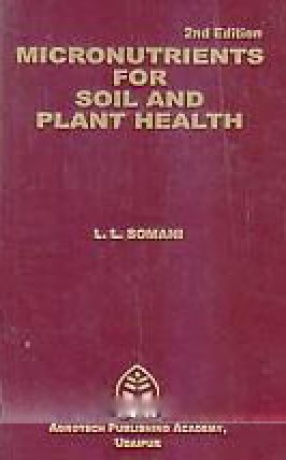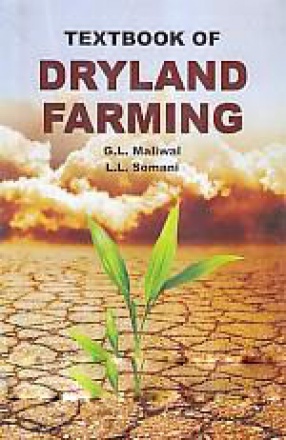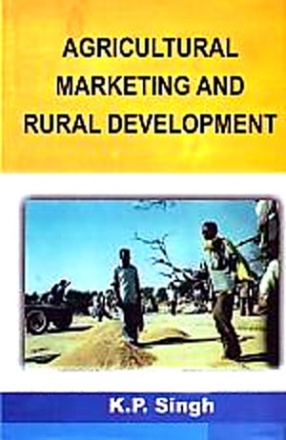History reveals that civilization began in an environment of irrigation agriculture and the downfall of civilization was determined by water logging and salinity. Salinity is the major and ever present threat to the permance of irrigation agriculture. Unless salinity is controlled, productivity decreases, land values drop, and in several cases, the land is completely abandoned. Quality of irrigation water is one of the main factors to be understood in irrigated agriculture. Injudicious irrigations, even with good quality waters may also turn good soil into saline or alkali conditions. The use of saline waters is inescapable in some areas where no alternative facility for irrigation is available. Such waters are being used, knowing full-well that the quality and yield of the crop would continuously decrease. The information and techniques presented in this monograph aim at the improvement of existing irrigation practices with a view to protect the lands from further deterioration and obtain maximum possible yields under the prevailing adverse conditions in areas where soils are irrigated with saline water. Irrespective of the source of irrigation water, some salts are always dissolved therein. These salts affected the physical and chemical properties of the soil and ultimately the crop growth. In the arid and semi-arid regions irrigation is essential for successful agriculture and in some areas, particularly in the arid zone, the main sources of irrigation is ground water which is usually saline with varying degrees of salt concentration. Such saline waters have been in use since decades with adverse effects on soil productivity and crop growth. Saline irrigation water resources can be better utilised by giving due consideration to the whole complex of soil-water-plant relationship in a particular agro-climatic zone. This, however, necessitates a thorough knowledge of the quality of irrigation water, characteristics of soils being irrigated, salt tolerance of crops being grown and agronomic practices. The purpose of this monograph is to bring forth and discuss the problems related to the use of saline irrigation water in agriculture. It has been envisaged that the problems posed in this book will induce the research workers to make further investigation and bring forth solutions to the problems of irrigation with saline water.
Crop Production With Saline Water
In stock
Free & Quick Delivery Worldwide
reviews
Bibliographic information
Title
Crop Production With Saline Water
Author
Edition
1st ed.
Publisher
Agrobios (India), 2007
ISBN
8177543172
Length
viii+308p., Figures; Tables
Subjects








There are no reviews yet.